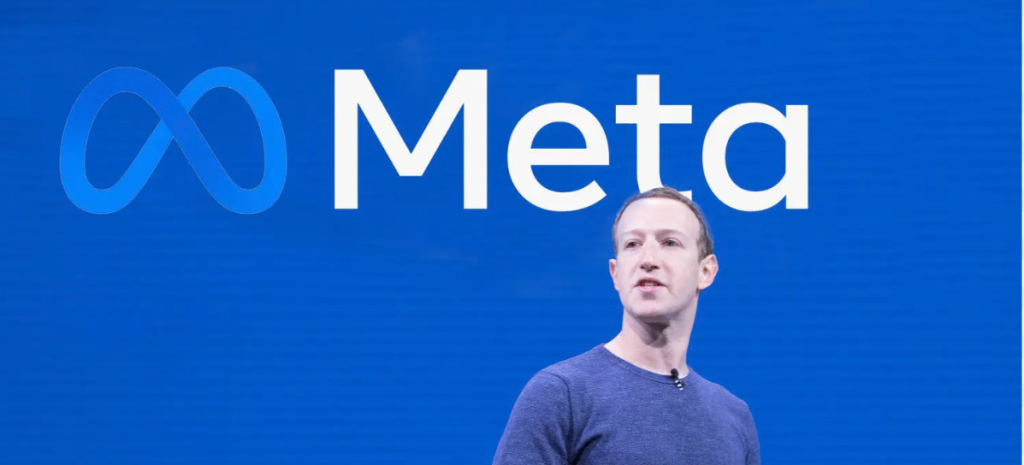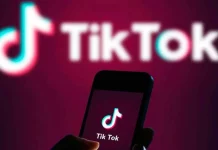Tech behemoths Meta and TikTok‘s parent company ByteDance are making headlines by challenging a new financial demand from the European Union. This controversy centers around the EU’s Digital Services Act (DSA), which mandates that major online platforms, including these tech giants, contribute to the costs of their own regulation. According to reports, the EU has tallied these costs at a hefty €45.2 million ($48.7 million), a sum that Meta and ByteDance are now contesting.
Meta has been handed a bill for $11.9 million, but Amazon and Pinterest are exempt
The crux of their argument? The method the EU has used to calculate how much each company should pay. As it stands, the fee depends on the size of a platform’s user base, with those having 45 million users or more being asked to pay up. However, not all companies are treated equally under this system. For instance, businesses like Amazon and Pinterest, which reported minimal profits, have been exempted from payment. In contrast, Meta has been handed a bill for €11 million ($11.9 million). ByteDance’s exact dues remain undisclosed, but they’re standing with Meta in questioning the fairness of this approach.

Meta has voiced concerns that the current system unfairly burdens certain companies, particularly highlighting that firms recording losses are exempt regardless of their user numbers or regulatory demands. This discrepancy, they argue, could leave a disproportionate financial load on the shoulders of profitable companies.
The stakes are high, with non-compliance risking fines up to six percent of a company’s global revenue. Beyond the fees, the DSA imposes obligations for clearer advertising, content moderation, data sharing with the EU Commission, and participation in annual audits. With the DSA now in effect, all eyes are on how this battle over the balance of financial responsibility for online safety and transparency will unfold.
RELATED:
- Ray-Ban Meta Smart Glasses Version 2.0 Released with Camera and Audio Enhancements
- Social Media Giants Meta, TikTok, and X Under Fire for Failing to Shield Kids
- Xiaomi Band 8 Genshin Impact custom edion get a huge discount.
- Best of CES 2024 – Products that stood out this year!
(Via)







